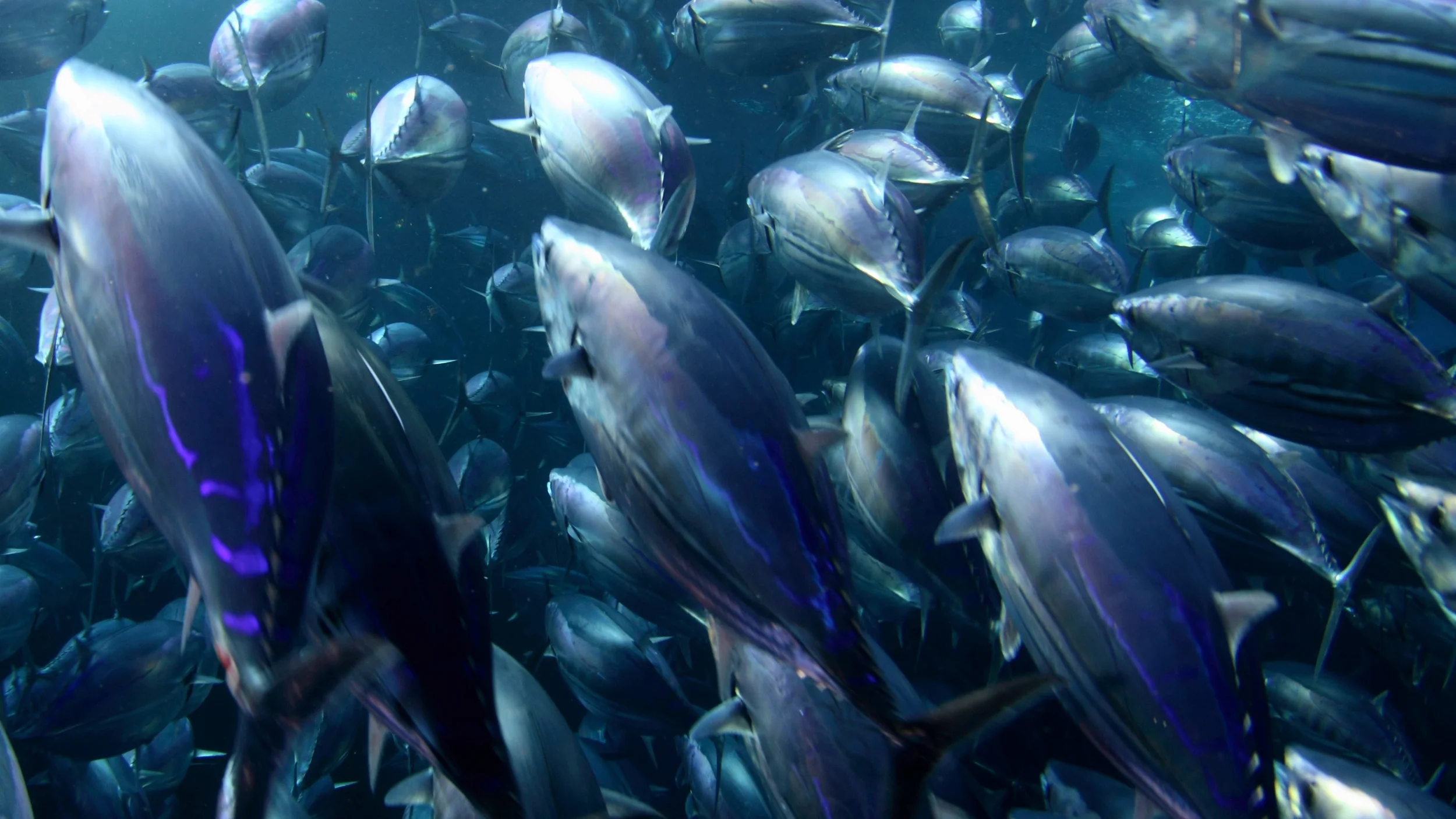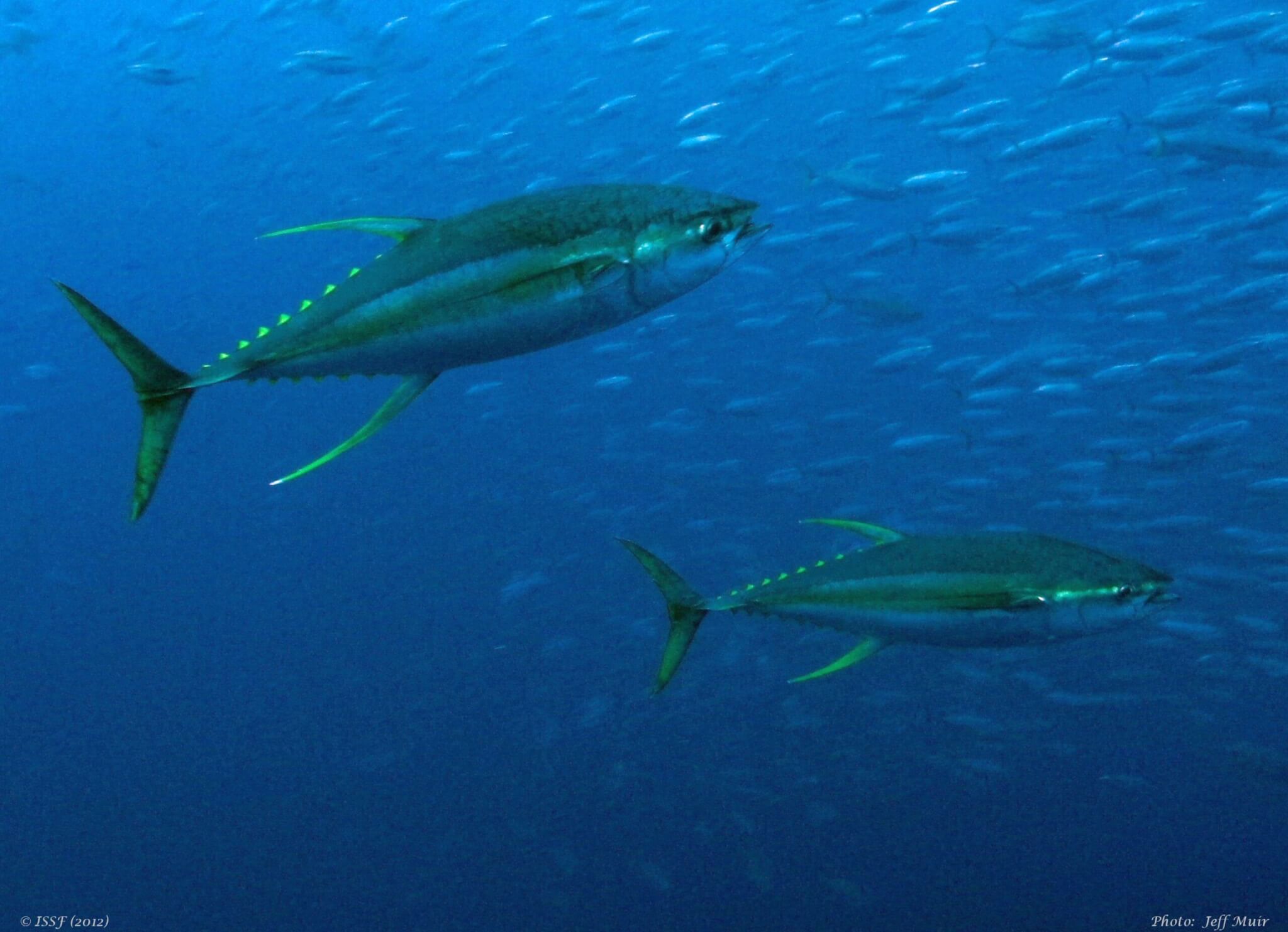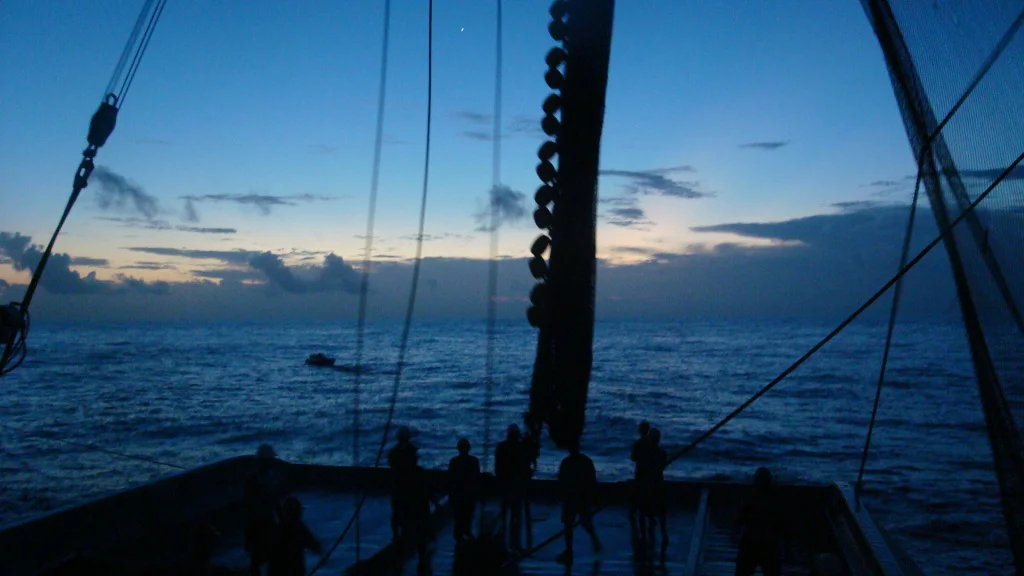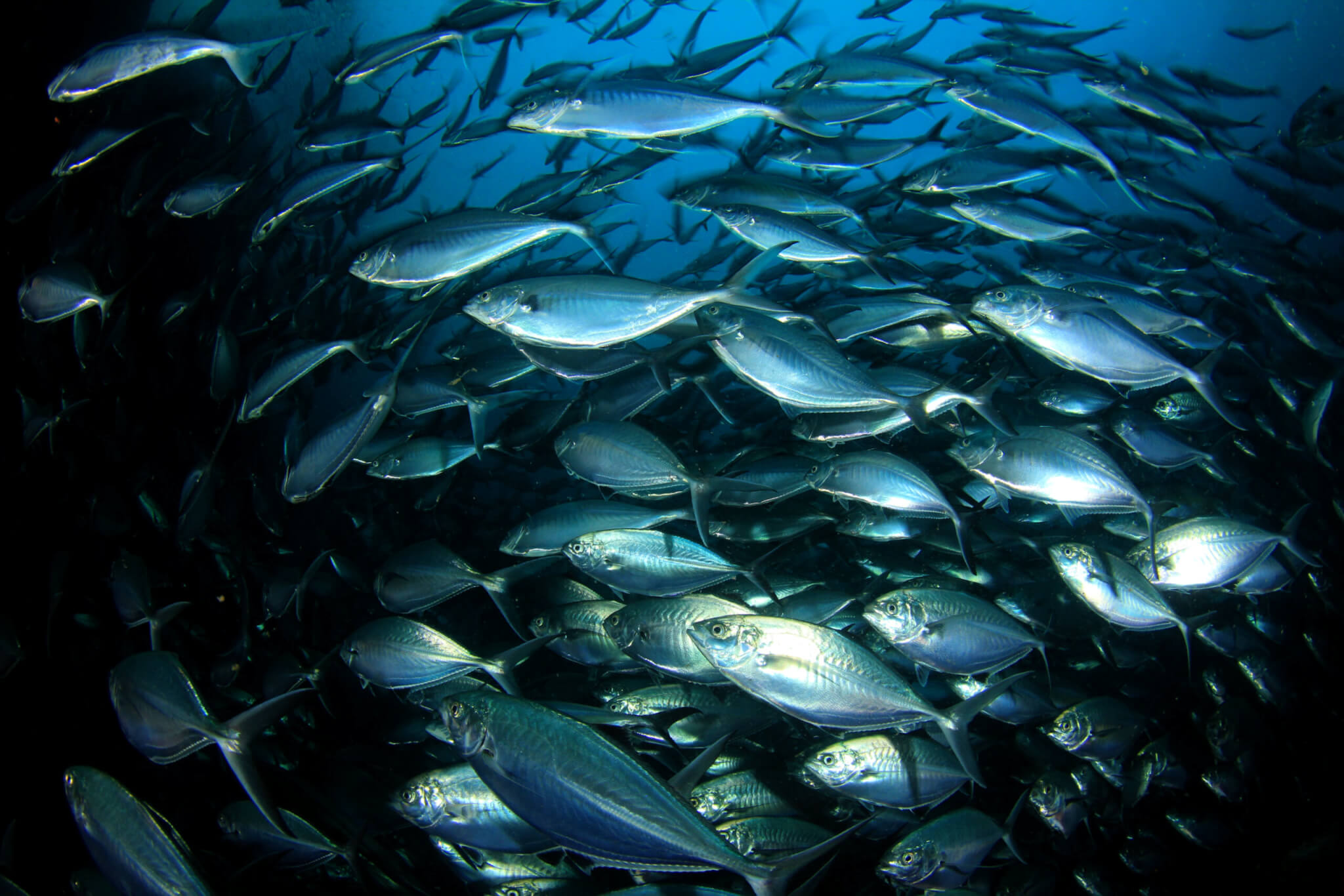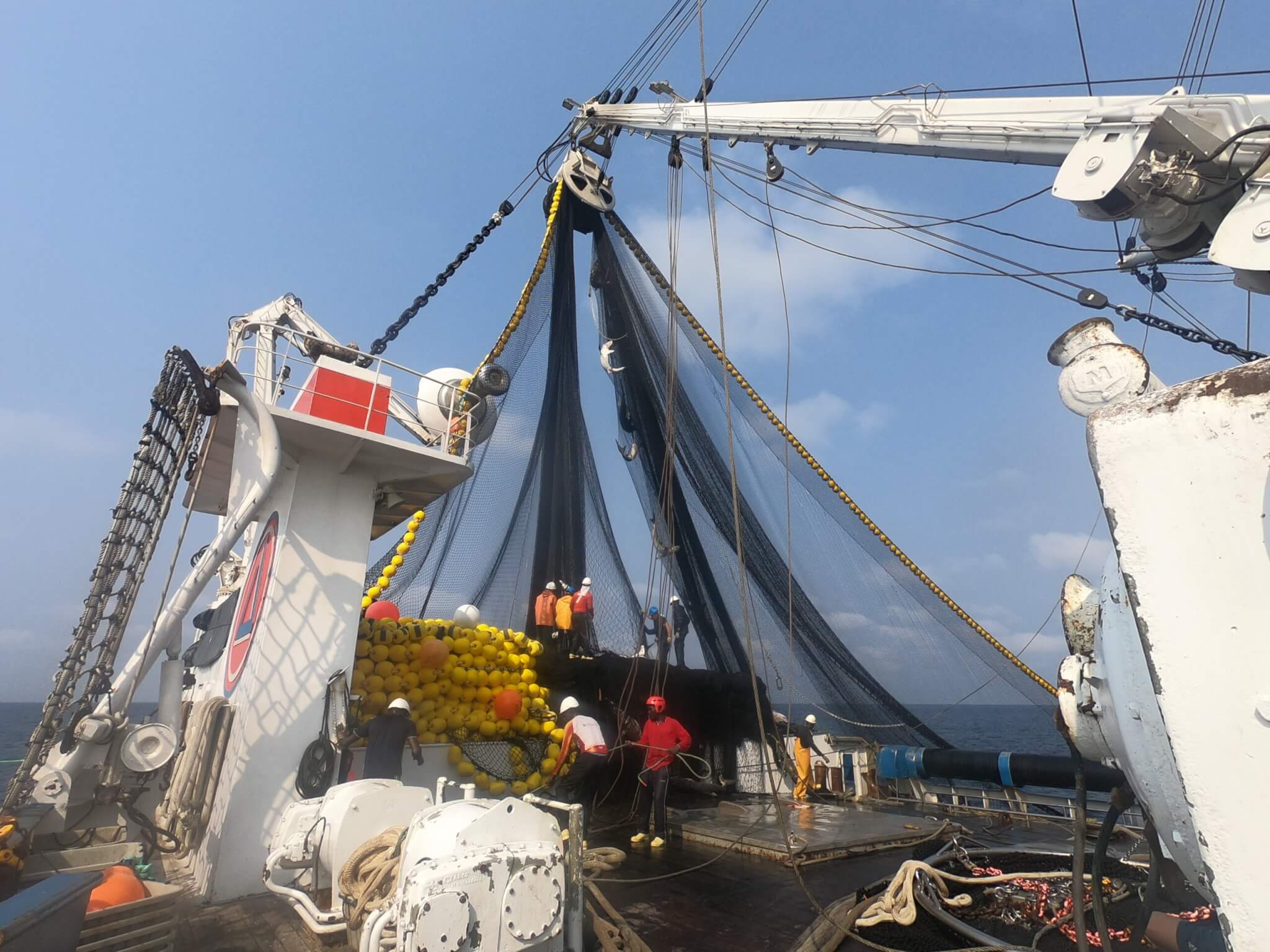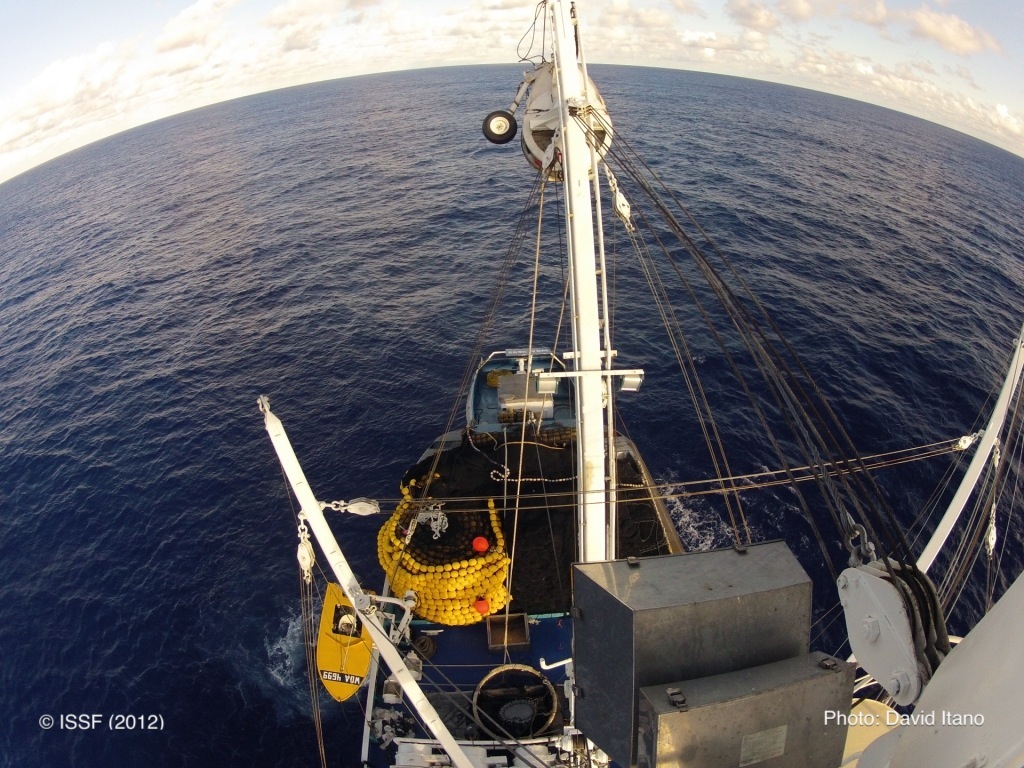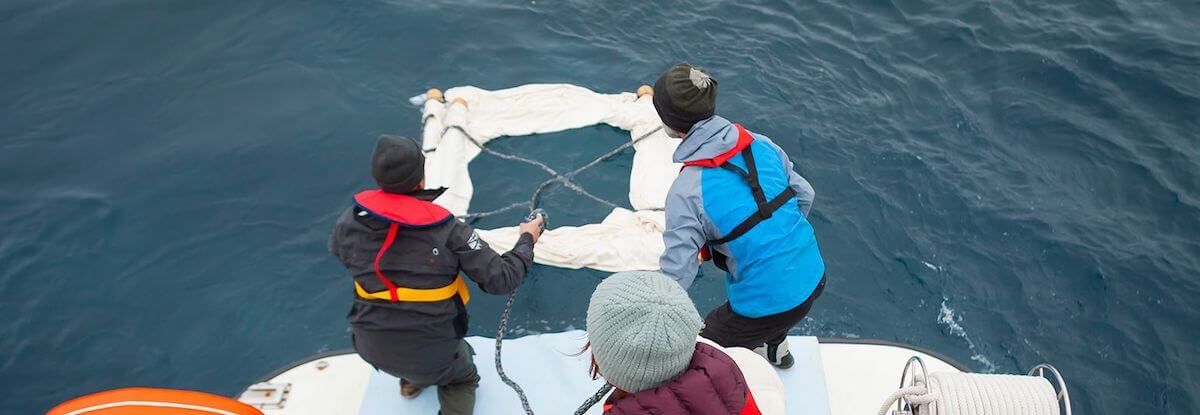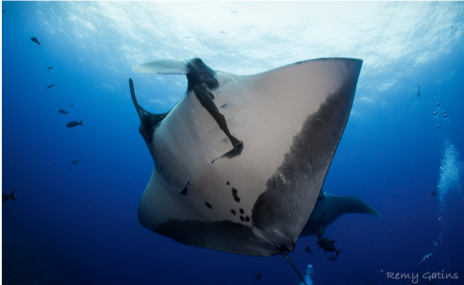97% of Global Tuna Catch Comes from Stocks at Healthy Abundance Levels | Nearly 100% Not Experiencing Overfishing
Featured News
97% of Global Tuna Catch Comes from Stocks at Healthy Abundance Levels; Nearly 100% Not Experiencing Overfishing
Record Sustainability Milestone Reflects Continued Progress Through Science-Based Fisheries Management
Ninety-seven percent of the world’s total commercial tuna catch now comes from stocks at “healthy” abundance levels, according to the January 2026 ISSF Status of the Stocks report. This is a ten-percentage-point increase from the previous March 2025 report. At the same time, nearly 100% of the global tuna catch comes from stocks not experiencing overfishing, indicating that tuna fisheries are not only biologically healthy but also being harvested at sustainable levels. Both figures represent the highest levels ever reported by ISSF.
Featured Tool
Interactive Stock Status & Catch Tool
Our interactive tool allows you to visualize current and historical data from ISSF’s Status of the Stocks report.
The tool has three tabs:
- one for visualizing tuna stock health since 2011
- another for visualizing the current tuna catch by fishing method
- a third with catch trends by fishing method since 1950
Users can generate a variety of customized graphics within the tool based on chosen criteria (e.g., “tuna species,“ “stock area,” and “gear type”) and download information in different file formats (e.g., CSV, Excel, PDF, image files).
Featured Video
Science First
Our strategic plan puts science first — grounding every recommendation and action in the best available research to support the long-term sustainability of tuna fisheries worldwide. ISSF President Susan Jackson discusses how ISSF takes a science-first approach to achieving lasting conservation outcomes for global tuna fisheries.
ISSF in the News
ISSF introduces new measure on social audits for tuna processors
Undercurrent News
ISSF adopts new conservation measure on labour audits at land-based tuna facilities
World Fishing & Aquaculture
Pacific Nations to Tackle Drifting FAD Loss at International Workshop
Solomon Star News
